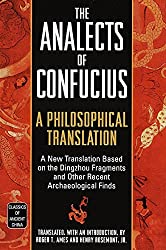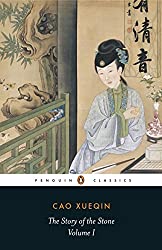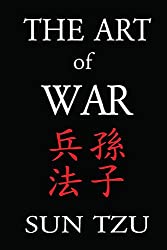
Rating: 8.5/10.
Another major work of Chinese philosophy, forming the basis of Taoism, written in the 6th century BC (before Confucius). It’s fairly short, about 20 pages. In some ways it’s similar to Analects, which I read not too long ago, but there are some key differences. This is in some sense the eastern version of nihilism.
Laozi recommends not trying too hard — not only materialistically, but also intellectually. This differs from Confucius, who also dislikes material wealth but advocates for certain moral behaviours. Don’t try too hard to change the world around you, but perceive it. Be chill and at ease with nature. Don’t be too ambitious; instead, be like water, which flows around obstacles but is still a force to be reckoned with.
Essentially, stop focusing so much on the outcome, and be prepared to change your course of action depending on the circumstances. Take advantage of opportunities that arise, but focused effort is ineffective and actually makes things worse. This book applies to situations, there are so many external factors that you don’t have control over, such that you cannot succeed by simply trying harder. For some areas this is good, but in most endeavours, intelligent effort actually does lead to success, so I’m not convinced this philosophy is applicable.



